Equine Dental Health - What are the Signs/Symptoms?
WHAT ARE THE SIGNS AND SYMPTOMS OF DENTAL PROBLEMS?
Many conditions and behaviours that often see in horses are frequently related to dental disease. Below is concise list of common symptoms that may indicate that a dental problem is brewing.
Quidding (dropping balls of chewed grass) or dropping food
Feed packing “getting stuck” in the cheeks.
Swellings of the cheeks
Halitosis (bad breath)
Head tossing and discomfort of the bit
Head shy
Weight loss
Long fibres in the faeces
Diarrhoea
Not finishing feed
Blood on the bit after riding
These are just some of the basic symptoms, if you do notice any of these with your horse, we recommend contacting us and booking a standard dental check. If left unchecked, substantial dental disease can be left undetected. If you have an elderly horse that is struggling to keep weight on and has not had a comprehensive exam. It is likely this is due to poor dental health.
WOLF TEETH IN HORSES
Not all horses have wolf teeth. Stallions and Geldings have a higher chance of wolf teeth compared to mares. Most wolf teeth are found on the upper arcade of mouth, but they can also be seen on the lower one. Wolf teeth existence is relative common knowledge, but where they are found in the mouth is often confused. Canine teeth are sometimes mistaken as wolf teeth, which are more common in male horses, but can occur in mares. The wolf teeth cannot be seen by looking at the teeth at the front of the horse’s mouth. They are small teeth, often tiny, located at the front of the large cheek teeth. This is often about 15-20cm into the mouth. Because of this, the horse’s mouth generally needs to be opened for an vet to see if the horse has them.
Wolf teeth are commonly extracted because it is believed that these teeth interfere with a bit and can cause pain by pressing the gum into the tooth when pulling on the bit. To remove the teeth, your veterinarian can safely sedate the horse and inject a local anaesthetic to numb the area prior to removal.
FEEDING STRATEGIES FOR SENIOR HORSES
Horses are living longer, and older horses have special nutritional requirements. Dr. David Pugh from Auburn University indicates that because of competition for feed and the effects of arthritis and failing eyesight, many older horses do not get the nutrition they need, and we need to make sure they do get adequate nutrition. To be able to make appropriate recommendations on nutrition, it is a good idea for your vet to perform blood work on your senior at least once a year.
However, if there are no evident health concerns. It is recommended to feed seniors slightly more protein ranging from 12-16% because digestibility of older horses seems to decrease compared to younger horses. Of course, dental disease is a major concern in older horses and senior feed is a good option because it is easily digestible and requires little chewing (Such as GUMNUTS by Mitavite). If you have an elderly horse that is struggling to keep weight on and has not had a comprehensive dental exam. It is likely that poor dental health is contributing.
